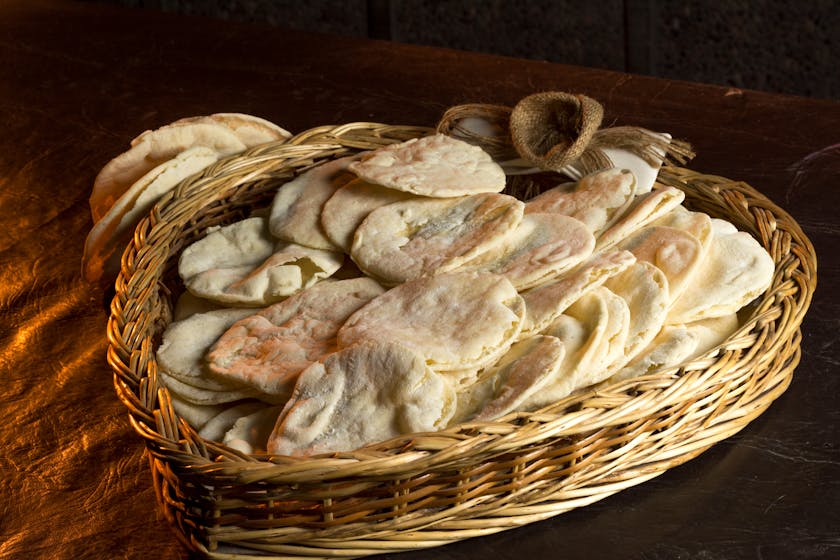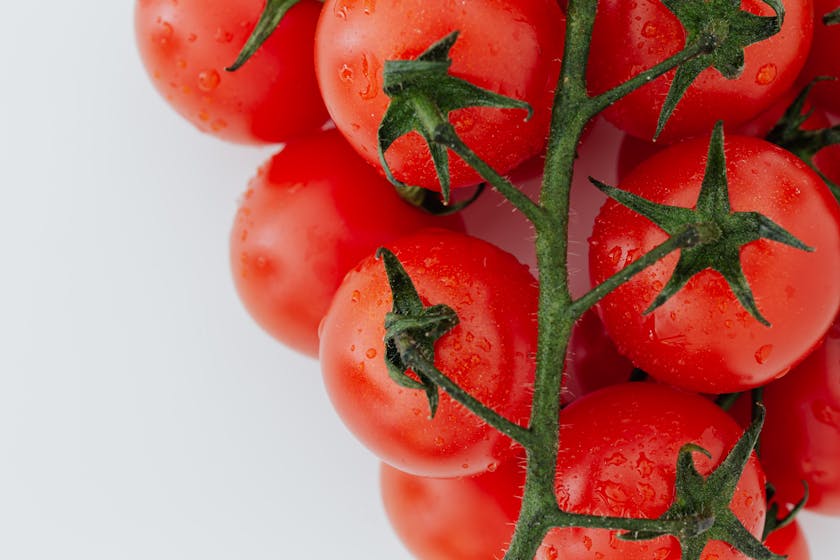If you’re delving into once-a-month cooking, sustainable bulk meal storage is an essential aspect that ensures your efforts are both eco-friendly and efficient. With the right strategies, you can minimize waste, save money, and enjoy delicious meals that are as good for the planet as they are for your palate.
Sustainable Bulk Meal Storage Essentials
Embarking on a once-a-month cooking journey requires planning, especially when it comes to storing your meals. To maintain both the quality of your food and the health of the environment, consider the following sustainable storage solutions:
Choose Reusable Containers
Opt for glass or BPA-free plastic containers that can be washed and reused multiple times. Not only do these containers keep your food fresh, but they also reduce the need for single-use plastics that contribute to landfill waste.
Labeling is Key
Clearly label your containers with the contents and the date of preparation. This practice helps you keep track of your inventory and ensures you consume the oldest meals first, reducing the risk of spoilage.
Go for Silicone Bags
Silicone bags are a versatile and eco-friendly alternative to plastic bags. They are perfect for storing soups, stews, and other liquid-based meals, as they can be sealed tightly and take up less space than rigid containers.
Vacuum Sealing for Longevity
For meals that you won’t consume within a month, consider a vacuum sealer. This device removes air from the storage bag, extending the shelf life of your food and preserving its flavor and nutritional value.
Freeze with Care
When freezing meals, leave a small amount of space at the top of your containers to allow for expansion. Also, stack containers flat to maximize space and encourage even freezing.
Best Practices for Freezing and Thawing
Once your meals are safely stored, it’s important to know how to freeze and thaw them effectively:
Flash Freezing
For individual items like burgers or baked goods, flash freeze them on a tray before transferring to a container. This prevents them from sticking together and allows you to defrost only what you need.
Thawing Techniques
Plan ahead and move your next meal from the freezer to the fridge at least 24 hours before you intend to eat it. This slow thawing process is safer and helps maintain the quality of the food.
Avoiding Freezer Burn
To prevent freezer burn, make sure your containers are airtight and minimize the time your food is exposed to air. Using freezer tape to seal edges can provide an extra layer of protection.
Rotating Your Stock
Use a “first in, first out” approach to consume your oldest meals first. This practice ensures that none of your hard work goes to waste and that your meals remain at their peak quality.
Incorporating Sustainable Ingredients
A crucial aspect of sustainable bulk meal storage is the ingredients you choose. Opt for locally sourced, seasonal produce, and bulk grains and legumes to reduce your carbon footprint. Additionally, consider plant-based meals, which often have a lower environmental impact than meat-based dishes.
By incorporating these sustainable storage techniques into your once-a-month cooking routine, you can enjoy the convenience of prepared meals without compromising on environmental values.
Complementing Your Sustainable Lifestyle
Once-a-month cooking with sustainable bulk meal storage is a powerful combination that can transform your eating habits and support a more sustainable way of living. With a little effort and the right techniques, you can make a positive impact on both your health and the planet.
Remember, the journey toward sustainability is ongoing, but every step you take makes a difference. Happy cooking and storing!




